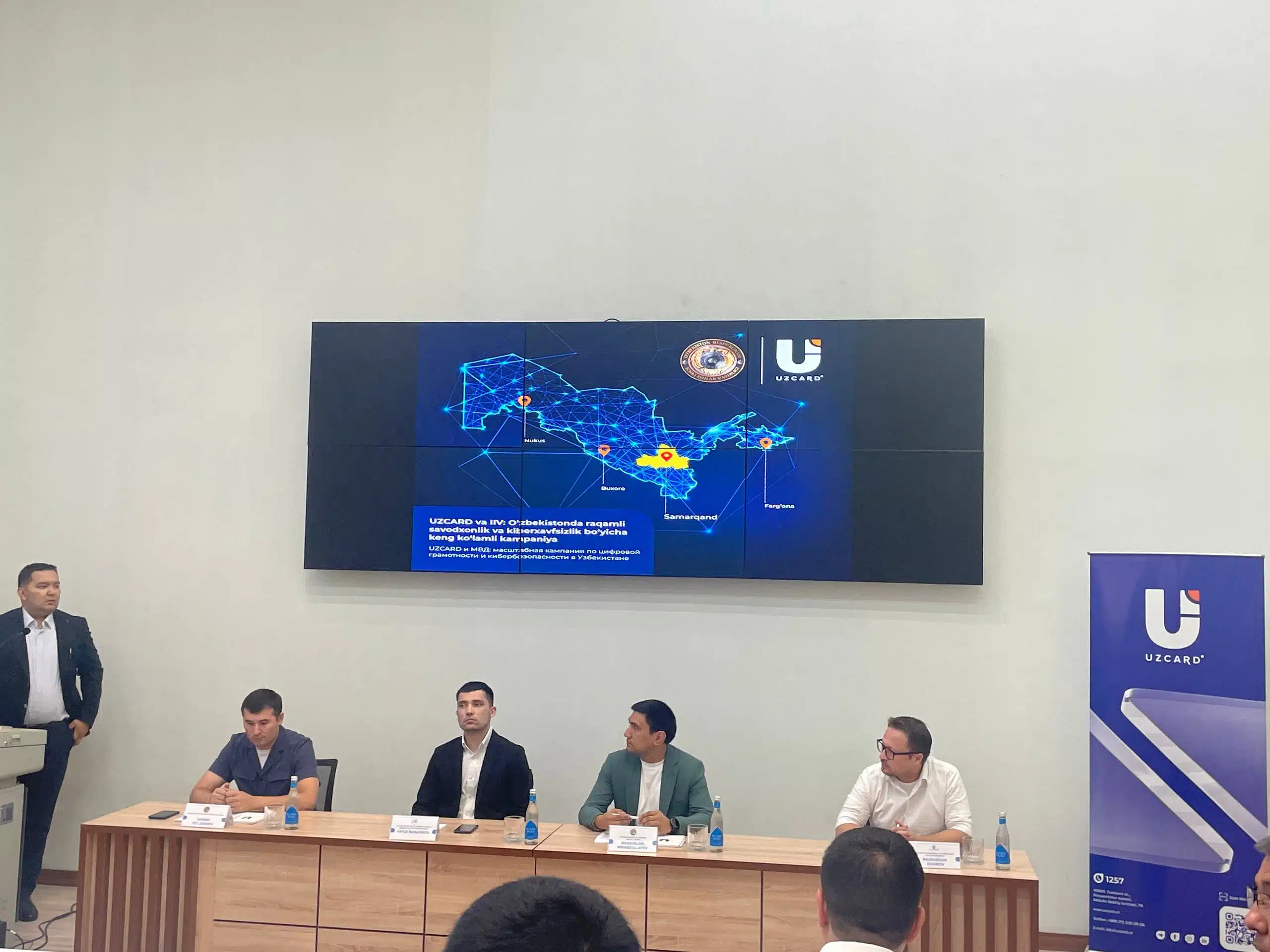In Uzbekistan, there is a need for systematic regulation of the installment payment sector — BNPL (Buy Now Pay Later), which is growing rapidly and is increasingly affecting the financial stability of households. The Central Bank initiated a discussion on measures aimed at including installment payment programs in the scope of banking supervision and credit reporting.
According to official data, the installment payment sector serves about two million citizens, of which 777 thousand already have existing bank loans, mainly microloans. Moreover, the number of simultaneously operating BNPL contracts per client continues to grow — from an average of two in 2023 to three in 2024. More than 82 thousand citizens simultaneously serve more than ten contracts.
Existing BNPL services often operate outside the scope of direct regulation, without transmitting information to credit bureaus, without checking the solvency of customers, and without disclosing the full value of transactions. This leads to a distortion of credit ratings and an underestimation of the debt burden of citizens.
Risks and international experience
According to experts, lack of transparency and poor integration with the credit infrastructure create systemic risks. Mirsardor Usmonov, General Director of CRIF KAX credit Bureau, points out that the lack of data on BNPL in credit histories reduces the accuracy of scoring models and misleads banks that rate borrowers as more solvent than they actually are.
As an example, he cites Australia, where the regulator found that a third of BNPL users take out new loans to pay off installments, and banks cannot see this due to lack of data.
International practices are already demonstrating a shift to stricter oversight. In the UK, starting from 2026, BNPL services will be required to register and verify customers. Similar measures are being implemented in the EU, Sweden, Australia, and the United States.
What is offered in Uzbekistan
As part of the preparation of the reform, it is proposed to:
- Mandatory data transmission to credit bureaus — information about BNPL contracts, including late payments and successful payments, must be reflected in the client's credit history.
- Standardization of the data format — it is necessary to introduce a single format for transmitting information indicating the amount, terms and conditions of each transaction.
- Mandatory solvency check — before entering into a transaction, BNPL providers must check the customer's credit history, especially for significant amounts, and take into account the total debt load.
- Transparency for consumers — the client must be informed in advance about the transfer of data to the bureau and possible consequences for the credit rating.
The regulator's position and industry challenges
The Central Bank supports the inclusion of installments in the general system for assessing the debt burden. Chairman of the Central Bank Timur Ishmetov confirmed that there were cases of issuing loans with an already exceeded load due to the lack of data on BNPL.
At the same time, it is planned to legislate the obligation of BNPL companies to disclose full information about overpayments and terms of transactions.
However, the market is not yet ready for such integration. Out of more than 1,500 active BNPL providers, only 5-10 of the largest ones have sufficient IT capabilities to transmit data to the bureau. The rest face technological barriers and lack of digital maturity.
Competition and equity
The lack of uniform requirements creates an asymmetry: banks are required to check borrowers, but BNPL services are not. This gives the latter an advantage, distorting competition and encouraging customers to choose less regulated tools.
According to Mirsardor Usmonov, the unification of requirements will allow players to compete in terms of quality, and not in terms of the degree of supervision. This will increase the responsibility of borrowers, improve the accuracy of credit scoring, and reduce the default rate.
Equal rules of the game will allow the financial sector to develop in a sustainable and fair way, providing consumers with high-quality and safe products. For Uzbekistan, whose economy is actively digitizing, this is a critical step towards mature and transparent consumer lending.











